Author Interview
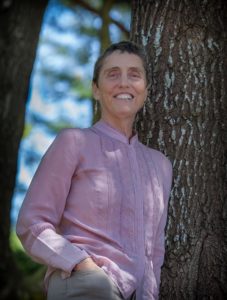 How did you work in collaboration with your brother to write this book?
How did you work in collaboration with your brother to write this book?
For many years I worked in mental health as a crisis outreach nurse and came across many hoarders. Most of these clients were highly intelligent, interesting people; had I not seen them in the context of their homes, I would have taken them to be perfectly normal. Over the years, as I regaled my family with tales of theses folks, my brother, Bill took particular note.
At some point, he began work as a professional organizer and then decided to write about about his experiences. It’s been a long time so my recall is fuzzy, but I think that I chimed in to suggest we write the book together.
Rather swiftly, Bill dashed off several chapters regarding his adventures as a de-clutterer and then chimed in with the clinical details. Specifically, I added chapters about how a hoarder becomes one, and included scientific research and treatment.
Our project, however, languished for several years as we both attended to family matters. During this time, the topic came into public awareness in the form of several televised reality shows and through a general increase in media attention. At some point, possibly twenty years after the book’s inception.I got an itch to complete the project.
By that time, Bill was living in Israel and wasn’t terribly motivated to pursue the project, but we agreed that I would take the lead to finish it. This was the perfect arrangement for me, as Bill and I are both rather bossy and controlling, and I’m not certain that the book would have moved forward to completion had we both been deeply invested in the process. As a result, I’ve mostly had free editorial range to develop the book further and it’s been a lot of fun to do so. I must say that I’ve also continued to run important details past Bill to make certain we’re in agreement.
If you could have an unlimited quantity of one material object, what would it be?
Awkward to admit, but I’d love to have an unlimited supply of toilet paper. In fact, at present, our garage contains five cases of it. After researching various brands, I’ve developed a keen sense as to which are the most substantial and those that are the most cost-effective.
Just knowing that they’re out there gives me a warmly secure feeling. To some extent, I suspect that the comfort of knowing that they’re at the ready is the closest I come to understanding how a hoarder must feel about their things.
Any advice for aspiring authors?
Do not focus on the end result. Do not write thinking it will bring wealth or fame. Write because you simply must do so.
I must admit I once envisioned adulation, success, and financial remuneration from my writing. And furthermore, I’d hoped to be seen as highly evolved, or at least seen as massively creative. As years have passed, that mindset seems so naively wrong-headed.
So, given that fortune or acclaim hasn’t happened, why not give up?
At 65 years of age, I’ve found a deep love and appreciation for the mere process of putting pen to paper. Writing enables my mind to stay agile. It fuels my inherent curiosity about this world we live in. Being a bit of a hermit, it requires that I interact. Yet, I’m inherently a busy-body; curious about the inner workings and sensibilities of my fellow humans. As a result of this push-pull, writing propels me into the world to quest for answers and to bear witness, and then I get to to withdraw and go inward in an attempt to make sense of whatever comes up.
Oh, and another big issue: Do not give up!
As one who has no innate writing talent, early on I received a whole lot of discouraging feedback, and I still do in the present. However, I love the process of writing, probably because it’s so hard for me. It requires that I engage my highest, wisest self and merge it with every smidgen of creativity that I possess. So, when I receive critical input, it inspires me to buckle down and persevere that much harder. To that end, I thank my tenacity, or downright stubbornness as to one of my biggest gifts.
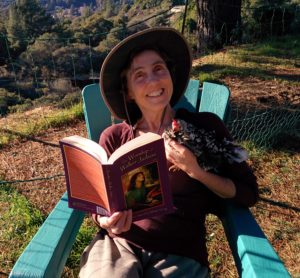
Janice is delighted to show off the novel. Meanwhile, Ethel contemplates treats she’ll get for putting up with the fuss.
When did you write your first book and how old were you?
My favorite childhood book was Madeleine L’Engel’s, A Wrinkle in Time. First published in 1963, the tale revolves around a young girl whose father, a scientist, has gone missing after working on a project called a tesseract. A tesseract it a “wrinkle in space and time, and it is through this wrinkle that the girl and her companions travel through the fifth dimension in search of her dad.
The fact that L’Engel spoke of subtle energy excited me immensely, for she managed to give a name to something I often experienced as a child. Previous to this, I’d sensed that such a thing existed, yet couldn’t find anyone who would validate it. In fact, when I spoke of such experiences with my mom, it seemed to scare her and she told me not to speak of it.
Subtle energies being something seen and felt by sensitive individuals, in quantum physics, it’s described as electromagnetic wavelengths, rates of vibration or plusings. Children commonly notice such things, yet tend to receive little validation that such subtle, intangible things exist,. As a result, they block if from awareness, until experiences disappear altogether.
As soon as I read this book, I picked up pen and began to write my own, way too similar tale. I was so excited, so enamored by the experience that I insisted on sharing my work with my fourth grade class. I don’t think I cared that nobody seemed impressed, the process satisfied some sort of longing, I guess.
I didn’t keep a journal. Never again wrote another story, and for the most part found the process of writing to be a totally uninspired drag. It wasn’t until years later, after facing several health challenges, that I took up writing in earnest again. In that process, I can honestly say that I wrote myself back to health.
How did publishing your first book change your process of writing?
I wrote my first book, The Rebellious Body in search of answers to an illness that confounds many in the medical field. In the process of experimenting on myself and by interviewing others, I lucked out and managed to find a degree of health that I hope to share with my fellow sufferers.
After two years of search, I lucked upon a literary agent, Laurie Harper, who was willing to take me on. Two more years passed and she got me a contract with Plenum, then Perseus Publishing, which is a pretty large company. No idea what I was doing, but placing trust in the hands of my agent, I agreed to crank out an entire, completed book within a looming, six month deadline. Mind you, I worked full time and had no idea how I might accomplish this. Yet, when finished the first book printing was 5000 copies, and I received a small advance, which all seemed quite thrilling!
Yet, I had no notion at that point that the only way my books were going to sell was solely through my efforts.
These were the days before social media, so there were no blogs, nor did Instagram, Facebook, or even Amazon, as well as other book sales sources that are so common today even exist. To improve my ability to speak in front of audiences, I took classes, some involved filming then paying images of myself back, and I taught myself self-hypnosis and how to use the breath in order to relax. Despite massive efforts, I remained an awkward public speaker, and soon discovered that selling was far more labor intensive that the actual writing.
To hawk my book, I arranged book signings, public speaking engagements, attended conferences, gave lectures, wrote informative articles for magazines, and other health-related newsletters. I even set up a press tour, traveling the West Coast a bit on my own dime. Locally, I taught classes on chronic fatigue and environmental illness, and submitted informative articles to health magazines and to niche newsletters, repeatedly pestering every query made with follow-up. My estimate, after two years of intensive effort, one out of every hundred contact I made produced a positive result. What I learned along the way; any expectation I had of easy sales or of a positive response was solely up to me. And if I didn’t like how that was, I could quit or keep at it. Nowadays, I write for the love of the process and have little-to no expectation that it will be well received.
Furthermore, I learned that I do not do well when I have a specific deadline, as I did when I signed on with Perseus. I do not want or relish any looming deadlines in my future endeavors. So the next book, The Worship of Walker Judson, took somewhere in the arena of 25 years to finish to my satisfaction. Our current book, My Husband’s Under Here Somewhere, spanned a twenty year interval, if I’m not mistaken. During that time, I worked full time, handled several family crisis, including the death of my mother, and my own serious health challenges. I don’t think it’s possible for me to write, using sheer force of will, to construct a book with a timeline. At least, I am no longer willing to do so.
What’s the worst movie you’ve ever seen?
The Human Centipede, bar none!
Film critic, Roger Ebert deemed it so reprehensible that he refused to give it any stars.
Here’s what he said about it: “No horror film I’ve seen inflicts more terrible things on its victims than “The Human Centipede.” You would have to be very brave to choose this ordeal over simply being murdered. Maybe you’d need to also be insane.”
Here’s the gist: Dr. Heiter is a mad scientist, whose very name is reminiscent of Old Adolph, and his speech patterns bring to mind the Nazis. Once a respected surgeon, he’s retreated to his home in the German forest, which contains an operating room where he drugs hapless victims, an surgically joins them. He’s sewn their mouths and anuses in a row, so the food goes in the front person’s mouth, passes through and into the second pour soul, and finally exits out the rear of the third. As if an insect, they must coordinate movements and can only crawl on their hands and knees.
Beyond the screams and cries of the victims, as well as their attempts at escape, little happens. Yet the film is treated with utter seriousness; there’s none of the jokey undertones of a classic horror film. Also, it seems less intent on scaring the audience, but does seem to seek to evoke revulsion.In a strange way, while utterly depraved and disgusting, it’s not simply an exploitation film. There’s a scene toward the end, as the Human Centipede attempts escape, that’s so piteous, that it transcends horror and and is sickeningly tragic.
South Park reprises the film in an episode titled, the HumancentiPAD to far better effect. Their message, that knowledge matters; yet so many of us are lazy and consequently fall prey to exploitation, is pointedly thought-provoking using humor to positive effect.
For several days after watching The Human Centipede, an empty feeling lay in the pit of my belly. I’m pretty sure I felt, and still feel, ashamed of myself for giving the movie the time of day. No other film has ever left me with such abject hopelessness. Not even having Trump as president and all the good that’s being dismantled at his behest, has caused despair to the extent that this film has.
Describe a transformative moment in your life.
On a whim, I recently signed up for Deepak Chopra’s online class, Reinventing the Body, Resurrecting the Soul, which I must admit I did not find very informative. Yet the first assignment suggested that participants examine one or several transcendent life experiences.
Transcendent as defined is: beyond or above the range of normal or merely physical human experience. One that surpasses the ordinary and is exceptional. And further: existing apart from and not subject to the limitations of the material universe. The word transcendent is misleading because it makes us think mystical, magical, or to be jetted out from ourselves, when in fact it is quite natural if not ordinary. In fact the term may simply mean: to know.
As I thought about my personal knowledge and experiences with transcendence, I came up with a solid one.
Many years ago, my husband, John and I backpacked for two weeks in Desolation Wilderness. Early one morning as we hiked, we came into a magnificent meadow, Beauty and perfection abounding, we spied a mama bear and cub bumbling along in the distance, then they disappeared off into the treeline. Surrounding slopes were gentle, with some jutting rocks. Mostly there was greenery, flooded with flowers and grasses. Running, smack-dab in the middle of the space, a stream burbled along. To sounds of water burbling along the rocks, we shed our backpacks and paused to drink from it.
As we lay on our backs, staring up at the cloud-puffed skies we could hear bird calls. Winds rushing, as the sun beat down upon us, I felt utterly present and completely content. No problems troubling me, I felt relaxed and full of quiet joy. I remember admonishing myself to savor those moments, so that someday my older self might recall and relish them, as well.
While I can’t claim to grasp precisely what’s meant by transcendent, that experience may have been just that. I’m pretty clear that’s the closest to perfection that I’ve come.
After that experience, I actively looked for more of them, but soon found they come of their own and cannot be contrived. I suspect that for most, they arise in a pure setting of nature or when experiencing natural beauty, which serves as a mirrored reflection of our primal Soul.
As near as I can tell, physics seems to comes closest to accessing this state of grace when it admits that there’s no universal theory or explanation to material existence, just semi-provable measurements that enable us to get from one place to another with relative certainty. It’s also understood, yet not fully accepted within popular belief, that consciousness is an intangible that’s separate from the physical body and/or brain. The notion is that the inward determines the outward, not the other way around.
Have you had such moments and if so, do you care to share any of them?
Can you tell us about your next project?
Seven years ago, I fell head over heels in love with chickens, While tagging along with my brother, we went to visit Pandemonium Avaries, whereupon I was offered a pair of cochin bantams. Chickens.
As a sanctuary for exotic endangered birds, the place is fantastic, but I was surprised to see two ordinary hens in a pen. Like two little old ladies, they swanned about in tandem, clucking softly, inspected the ground, perfectly aligned with each other.
Given that all other birds were so extraordinary, I asked why the place kept them. The owner said they’d been given to her, and asked if I wanted them?
Well, I replied, I had no idea about birds, let alone chickens, but then surprised myself by saying I’d think about the offer and get back to her. Returned home, I read up on poultry,, then located the securest Cadillac of coops on Craigslist, and called back to say yes.
Seven years later, we have 11 birds; three roosters, and eight hens. I spend about 2 hours a day in the yard with them, and find my life forever changed as a result.
Three years ago, we decided at one point to try to hatch a few eggs. With Chippie as designated sitter, she loyally stayed atop four of them. Yet, as it came near time to hatch, one the eggs took a tumble. Being so badly damaged, with the shell cracked, and indented, we were certain no live bird could possibly come from it. Still curious, however, we placed the egg in the incubator,
Come hatch day, the other two remained emerged from their shells, peeping and perfectly normal. Each day after that, practically on the hour, we checked the incubator, and each day we found nothing.
Yet, low and behold, on the morning of the fifth day, a tiny baby chick, no larger than a quarter, emerged. We carried that bird about in shirt pockets, on our shoulders, and open heads, taught him to scratch and peck, until he turned out to be a rooster. Thoroughly bonded with humans, but other birds…not so much, he thought of himself as more human than chicken. So my next project is titled The Fluster Clucker, a novel about a rooster who thinks he’s human.
.
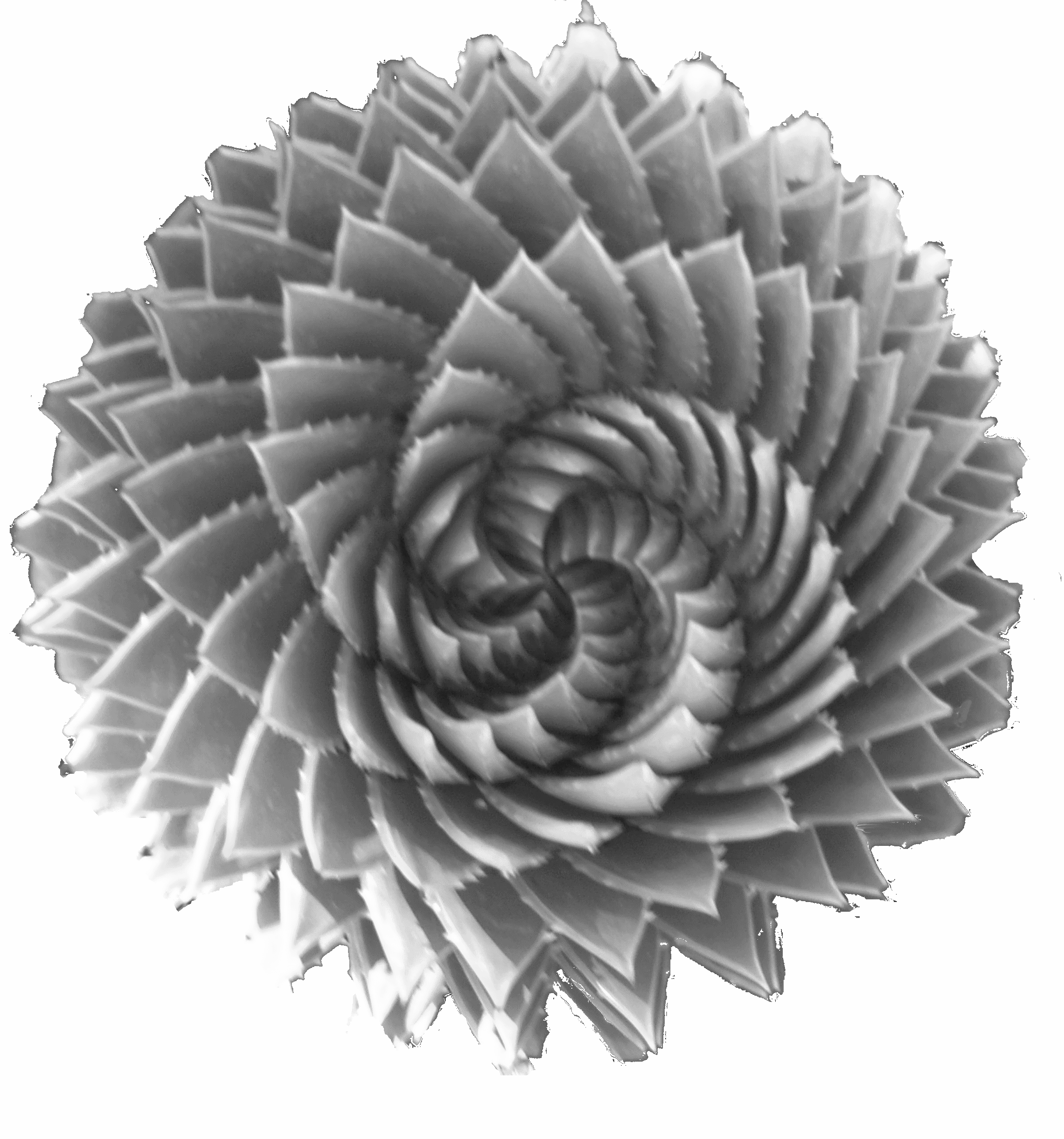
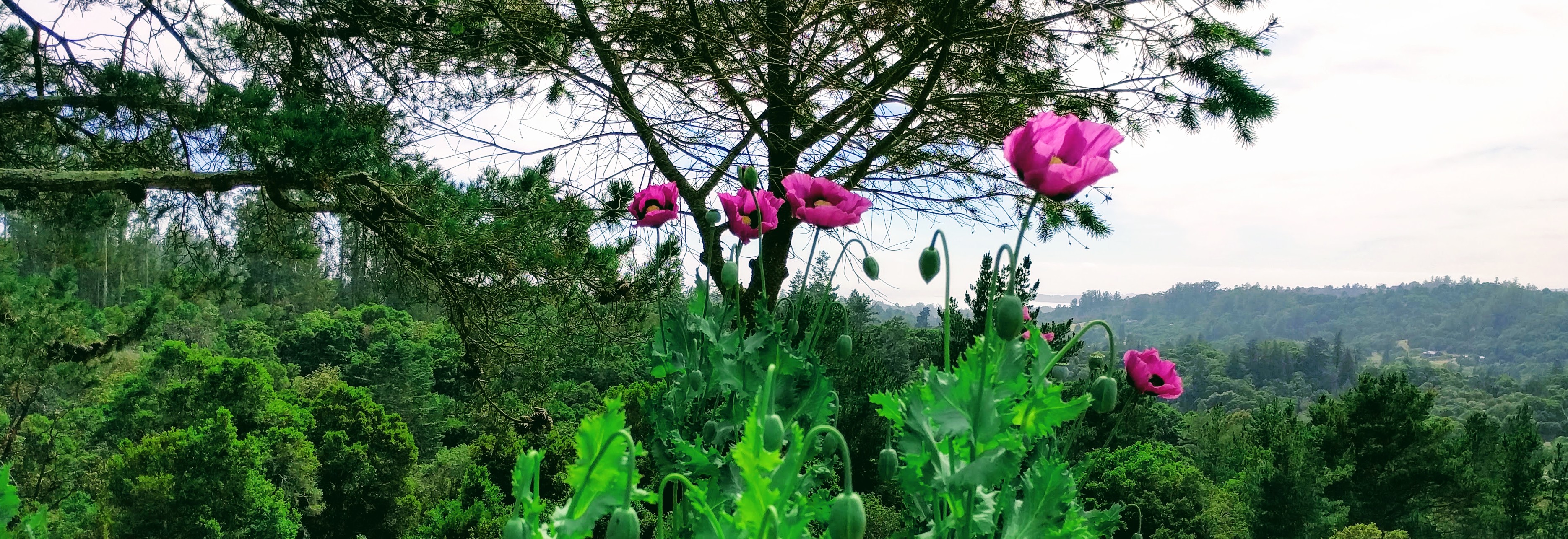
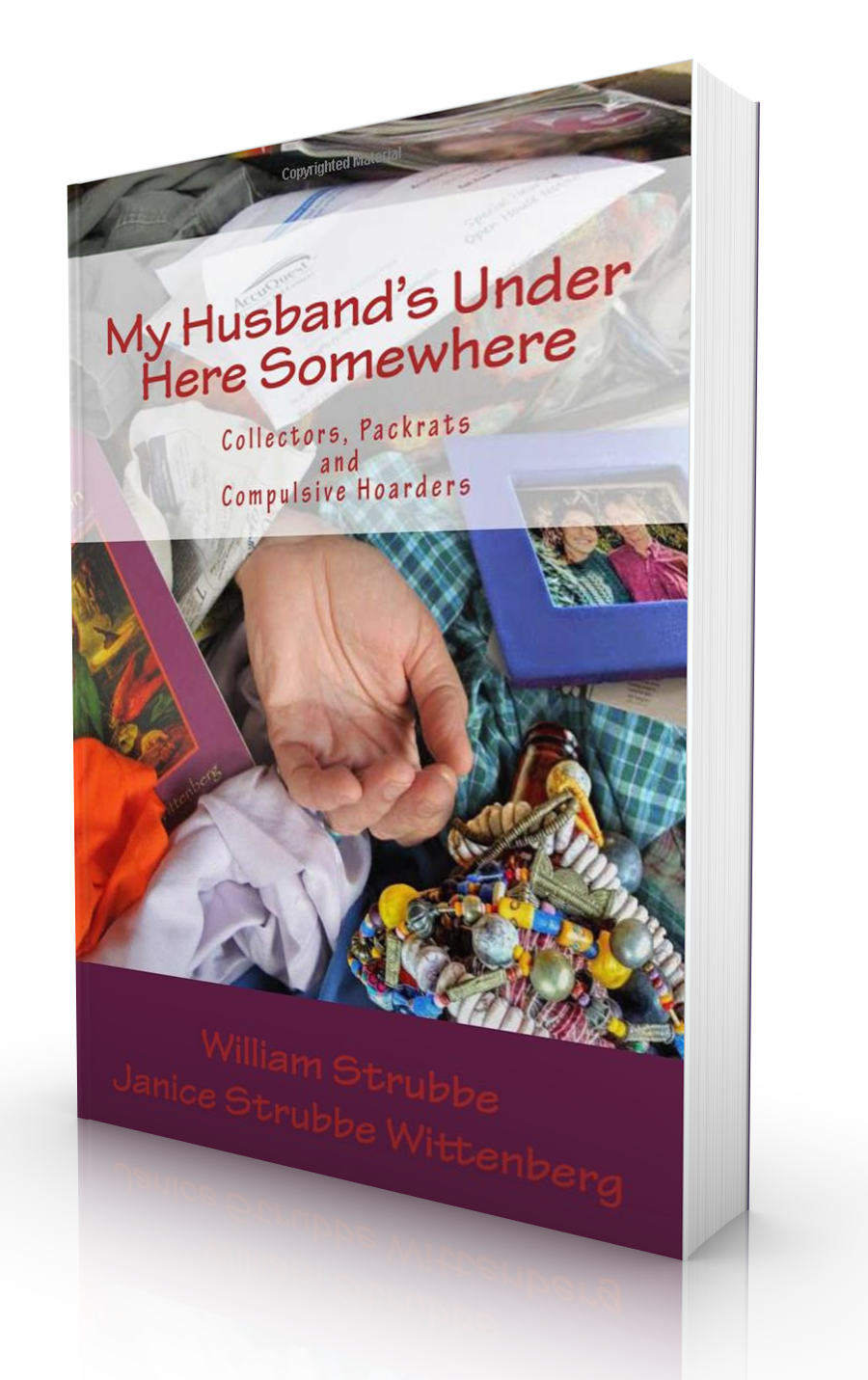
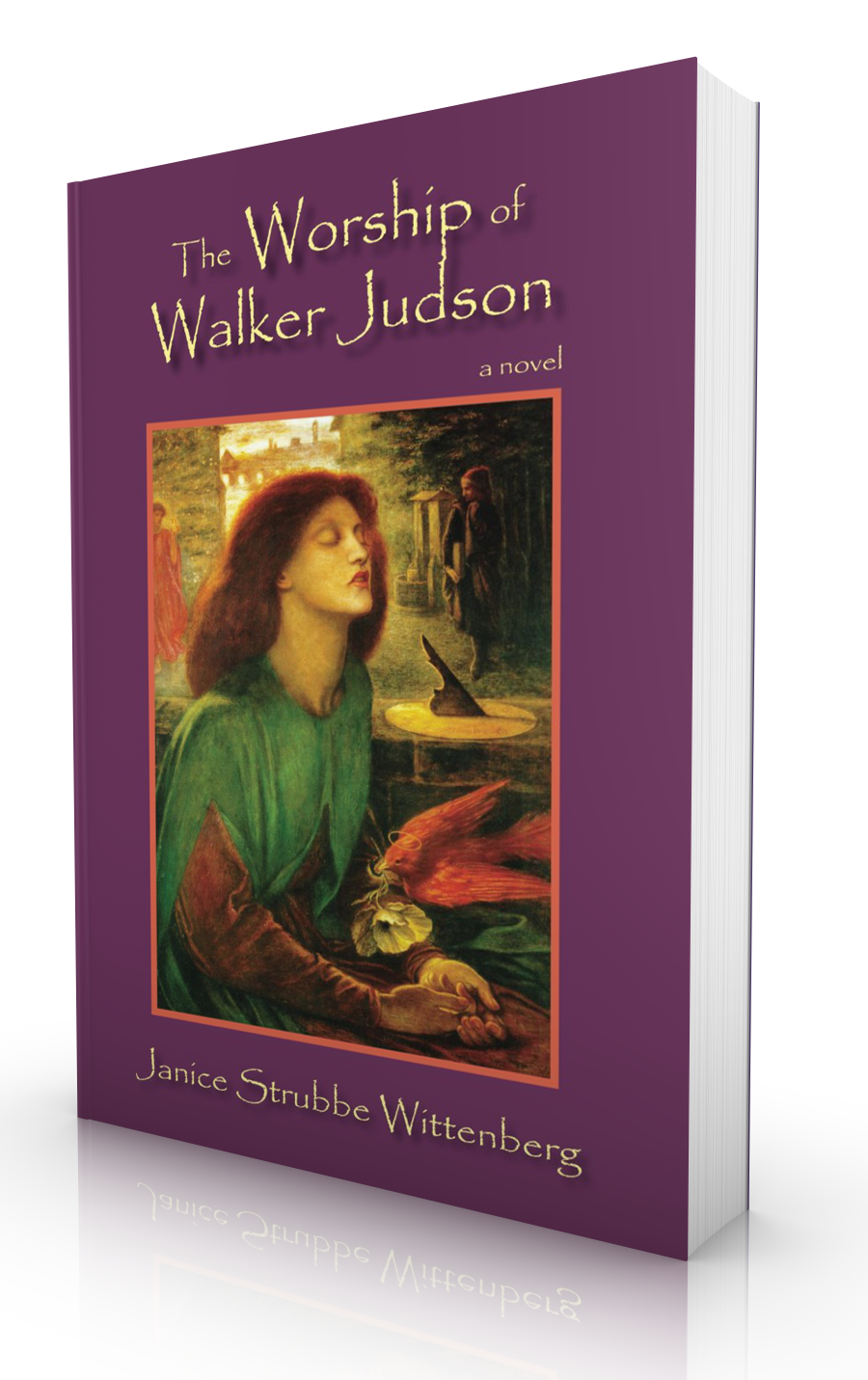
Connect With Janice!